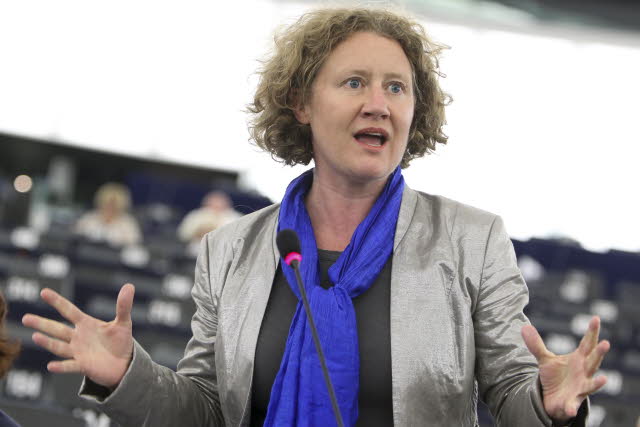The proposal approved by the Parliament requires improved traceability of transfers. “It will be more difficult for criminals to hide money into anonymous companies or off-shore bank accounts.”

A public register for listing the ultimate owners of companies and trusts is one of the main items of the draft anti-money laundering rules voted by European Parliament, aiming to make dodgy deals harder to hide and fight tax evasion. The draft law would also require banks, auditors, lawyers, real estate agents and casinos to be more vigilant about suspicious transactions made by their clients.
Money laundered each year amounts up to 5 percent of the global GDP, according to data, representing a challenge for European justice – as well as a missed revenue for national accounts.
“The public registers will make life more difficult for criminals trying to hide their money. Our economy currently loses huge amounts to tax evasion,” said Rapporteur Judith Sargentini (Greens). “Criminals in Europe have used anonymity of companies and off-shore bank accounts to hide their financial revenues,” while “the creation of a Register of ultimate owners at European level will contribute to make off-shore bank accounts more transparent, helping the fight against money laundering and tax evasion,” added the other Rapporteur, Krišjānis Kariņš (EPP).

Under the anti-money laundering directive (AMLD), the ultimate beneficial owners of all sorts of legal arrangements, including companies, foundations, holdings and trusts would have to be listed into public central registers, interconnected across the EU and “publicly available following prior identification of the person wishing to access the information through basic online registration.” MEPs inserted several provisions to protect data privacy and to ensure that only the minimum information necessary is put in the register. Parliament also voted on the Transfer of Funds Regulation, which aims to improve the traceability of payers, payees and their assets.
MEPs requested rules on “politically-exposed persons”, for instance people at a higher than usual risk of corruption due to the political positions they hold, to be extended to those who are or have been “entrusted by the Member State with prominent public functions”, such as heads of state, members of government, supreme court judges, and members of parliaments. In case of high-risk business relationships with such persons, additional measures should be put in place (to establish the source of wealth and source of funds involved, e.g.).
The legislative resolution on the AMLD was passed by 643 votes to 30 with 12 abstentions and the legislative resolution on transfer of funds by 627 votes to 33 with 18 abstentions. After May 2014, the newly elected Parliament will build on work done on this dossier.












